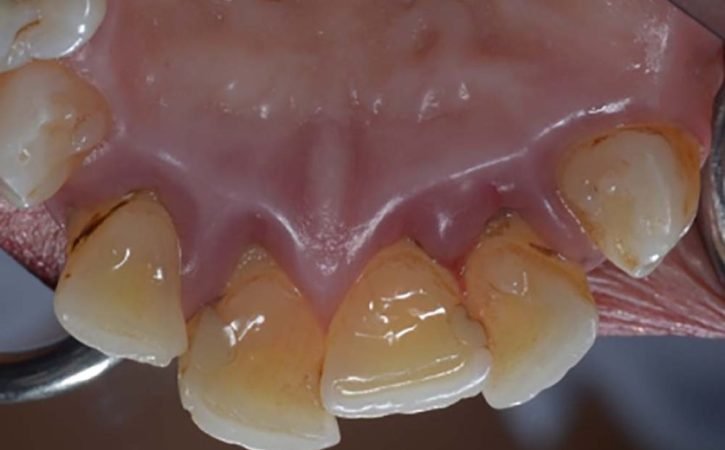
What is Periodontitis?
Periodontitis is a severe infection around your teeth and gums. It’s caused by bacteria that accumulate on your teeth in the form of plaque and tartar. Further, periodontitis can damage your bones and teeth. However, the damage can be stopped if treated early and with proper hygiene. Before going to treatment for periodontal disease, you should know about peridontitis diseases.
What are the stages of periodontitis?
Periodontitis begins as inflammation, and the pain gets worse with time.
Inflammation (gingivitis)
Periodontitis begins with inflammation in your gums, known as gingivitis. Early signs of gingivitis are that your gums recede when your brush or floss your teeth.
You might also notice stains or discoloration on your teeth, called plaque. Plaque is a pack of bacteria and food particles on your teeth. Bacteria are always present in your mouth, allowing such conditions to become harmful. This might happen mostly due to no dental practices such as brushing and flushing your teeth regularly. Also, you should visit the Nearby dental clinic regularly for checking and deep cleaning.
Early periodontal disease
In the primary stages of periodontitis, your gums recede or pull away from your teeth and form small pockets in between the gums and teeth. These pockets become hubs for bacteria, and your immune system tries to fight the infection; hence your gums start to recede. Furthermore, you’re likely to experience bleeding during brushing and flossing.
Moderate periodontal disease
If left untreated, it will advance to another stage of periodontal disease, in which you might experience bleeding and pain around your teeth and gums. Your teeth begin to lose bone support and become loose.
Advanced periodontal disease
In advanced stages, the connective tissue that holds your bones together will worsen, resulting in teeth loss. The whole structure of your teeth gets destroyed. Also, you will experience immense pain while chewing, bad breath, and a foul taste in your mouth. Contact a dentist for periodontal disease treatment.
What are the symptoms of periodontitis?
Various symptoms depend on multiple stages of the disease but generally include:
- If your gums bleed when you brush or floss your teeth
- bad breath and foul taste
- It also changes the position of your teeth or loose teeth
- Receding gums or swollen
- Redness or tender
- Plaque or tartar buildup on your teeth
- pain when chewing and eating
- tooth loss
What are the complications of periodontitis?
If periodontitis is left untreated, surrounding teeth and the bones, including the jaw, can be destroyed. Eventually, your teeth loosen and might fall out from your teeth socket. There are also other compilations of periodontitis, including:
- Painful abscesses (a pocket of pus)
- Migration or movement of your teeth interferes while chewing and eating.
- Receding gums lead to teeth exposure to the bacteria present in your mouth.
- Women have high complications during pregnancy, including low birth weight.
- It also increases the chance of heart disease, respiratory disease, and diabetes.
- Increased risk of heart disease, respiratory disease, and diabetes.
Conclusion
Suppose you are suffering from inflammable gums, swollen, or pain in your gums. You should consider visiting the nearest dentist office for proper treatment and diagnosis of the issue. Moreover, you should maintain good dental practices such as brushing and flossing at least twice daily and visit the Dental clinic Houston for regular checkups twice a year.










